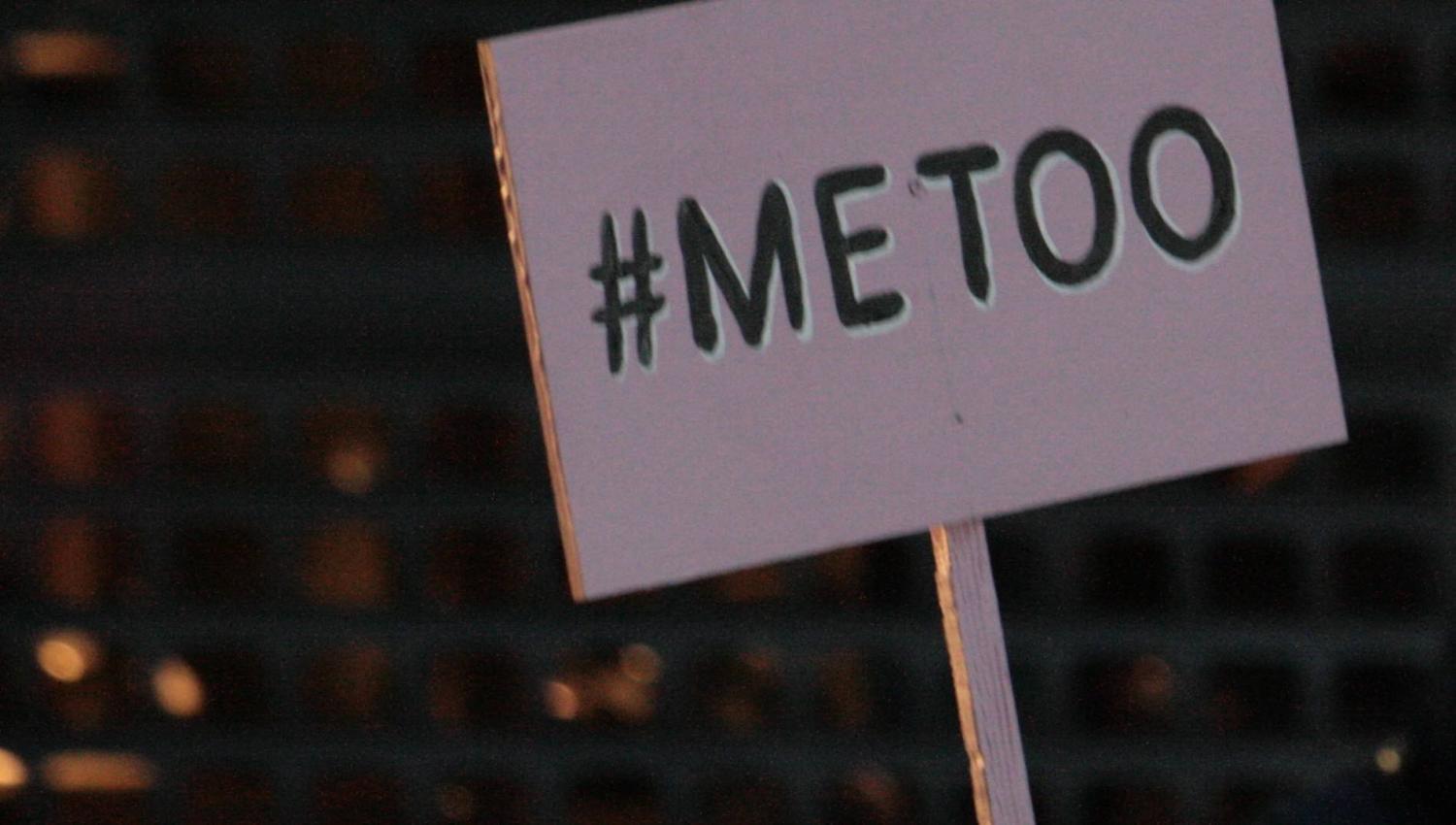The ripple effects of Hollywood’s #
At International Women’s Day rallies last week, men and women shouted “Me too”, and sang “Into the New World” – the 2010 debut song by South Korea’s most famous girl group, Girls’ Generation.
It’s a seismic shift in a society where a woman’s word has too often counted for too little.
Korea has made rapid strides as a nation in a relatively short period of time. In 1960, in the aftermath of the Korean War, it was one of the poorest countries in the world; by 2012 it was on an economic par with the European Union. What’s more, South Korea achieved this while transitioning from dictatorship rule to democracy. South Korea became a leader in technology, and was one of the first nations to understand the importance of online connectivity, fast-tracking broadband to more than 47 million of its population of 51 million.
But some things have lagged behind: South Korea has long been a patriarchal society, and social changes have not kept up with its economic and technological advances. The Global Gender Gap Report of 2017, which measures equality between the sexes in the four key areas of health, education, economy, and politics, rated South Korea 118th out of 144 countries.
Now the women of Korea are trying to bring about change by taking a cue from the West and saying #
In late January, South Korean cable TV network JTBC broadcast an interview with prosecutor Seo Ji-hyeon in which she described how a senior prosecutor groped her at a funeral in 2010. Seo reported the incident to her superiors, but instead of punishing him, Justice Ministry officials transferred her to a remote fishing village.
Although there have been allegations of sexual assault against public figures in South Korea before, the viewing public was shocked by Seo’s allegation because of her professional standing in a legislative department. Her case started an outpouring of support and was the catalyst for a stream of allegations against many other public figures, including some whose behaviour had been an open secret for many years.
Those accused include award-winning film-maker Kim Ki-duk, photographer Bae Bien-U, poet Ko Un, and Ahn Hee-jung, the Governor of South Chungcheong Province widely considered to be a future Democrat presidential candidate. Ahn was forced to step down, and was expelled from his party.
Actor Jo Min-ki, who also lectured at Cheongju University, was accused of sexual harassment by more than 20 women. He took his own life on 9 March 2018, leaving a six-page handwritten note in which he apologised to his students and family. As the news of his death broke, the top-trending topic on Twitter was “death doesn’t erase sex crimes”.
So many women have come forward against figures in the arts and entertainment scene that it’s clear the abuse has been systemic. Some actors, fearing the abuse would never end, quit the industry.
On 8 March, police said that 39 people, including 31 public figures, were under investigation.
President Moon Jae-in’s government has introduced higher fines, an increase in maximum prison terms, and extended the statute of limitations for sexual offences to workplaces that do not investigate claims of harassment or penalise staff who report it. But much more needs to change.
At a meeting of the United Nations Committee on the Elimination of Discrimination against Women held in Geneva last month, the definition of rape under Korea’s Criminal Code as a “means of violence or intimidation, [by which one] has sexual intercourse with another” was criticised as defining rape in a limited way.
Women’s rights groups, lawmakers, and political parties are demanding that truth be acknowledged as a defence against the country’s extreme defamation laws. In its present form, those accused of sexual offences can sue the complainant for character defamation. If found guilty, the victim faces up to two years imprisonment, or a fine of up to 5 million won (AU$5975).
There are further obstacles: a backlash against the movement has already begun, with some accusing it of being a witch-hunt. It is clear that old-fashioned beliefs about gender are firmly entrenched, even among the young, and will be difficult to shift.
Two weeks after the interview that kicked off the movement in South Korea, Son Naeun, from popular girl group Apink, posted a photograph of herself on Instagram holding a phone with the words “Girls can do anything” emblazoned on its case. A furore erupted, with online commenters accusing her of promoting feminism. The post was deleted.
With so many women emboldened by the #

